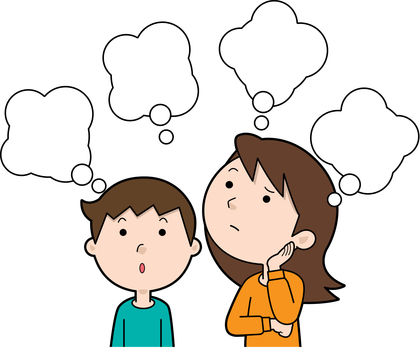A child’s speech and language skills develop as they grow, from infancy-to-school age. There are expected patterns and proposed timelines for which these skills develop, and when there is a disruption to the suggested sequence, it can cause concerns in parents. These language delays can be treated with speech and language intervention.
First it is important to understand the differences between delays and disorders. ‘Delays’ refer to language that is developing in a typical manner, but slower than other age-matched children. ‘Disorders’ mean that a child’s language is not developing typically; rather language would be considered to be abnormal.
Milestones by 1:
- Can determine sound location
- Wave goodbye
- Can respond to their name
- Can say at least 1 word (Can say mama, dada)
- Babbles with intonation
Milestones from 1-2:
- Follow simple commands
- Point to some body parts (head, hands, eye, feet, stomach)
- Bring things to you and show you
- Can name a few common objects when asked
- Can bring you things
- Learns about 1 new word per week between 18 and 24 months.
Milestones by 2:
- Can point to several body parts and common objects
- Follows 1-step commands without gestures (Give Mommy the ball).
- Can say 50-100 words
- Puts 2-word phrases together (Mommy go, more milk, all gone, hi Daddy)
- Can be understood by others.
In addition to understanding delays versus disorders, it is also essential to be aware of the differences between receptive and expressive language. When a child has difficulty understanding what others are saying or following simple commands, their receptive language skills may be compromised. When children have challenges with expressing themselves, their expressive language skills may be compromised. In some cases, children may express difficulties with both receptive and expressive language skills.
Even before children are expressing language, they are learning language. It is important to talk to and around your children and expose them to environments where language is used often.
Signs for Possible Receptive Language Delay:
- Child does not respond to their own name
- Echolalic (repeats, what you say, instead of offering a response)
- Trouble with responding to (functional) yes/no questions
- Trouble following simple directions
- Difficulty with comprehension
- Forgetting information
Signs for Possible Expressive Language Delay:
- Child does not initiate conversation or reply to questions
- Overgeneralizing
- Talking in circles
- Difficulty remembering/naming objects
- Difficulty with sentence formulation
Any questions/concerns regarding your child’s language development should be addressed to a professional sooner rather than later. Early intervention is essential to language development and has the potential to make a significant and positive impact on growth.
